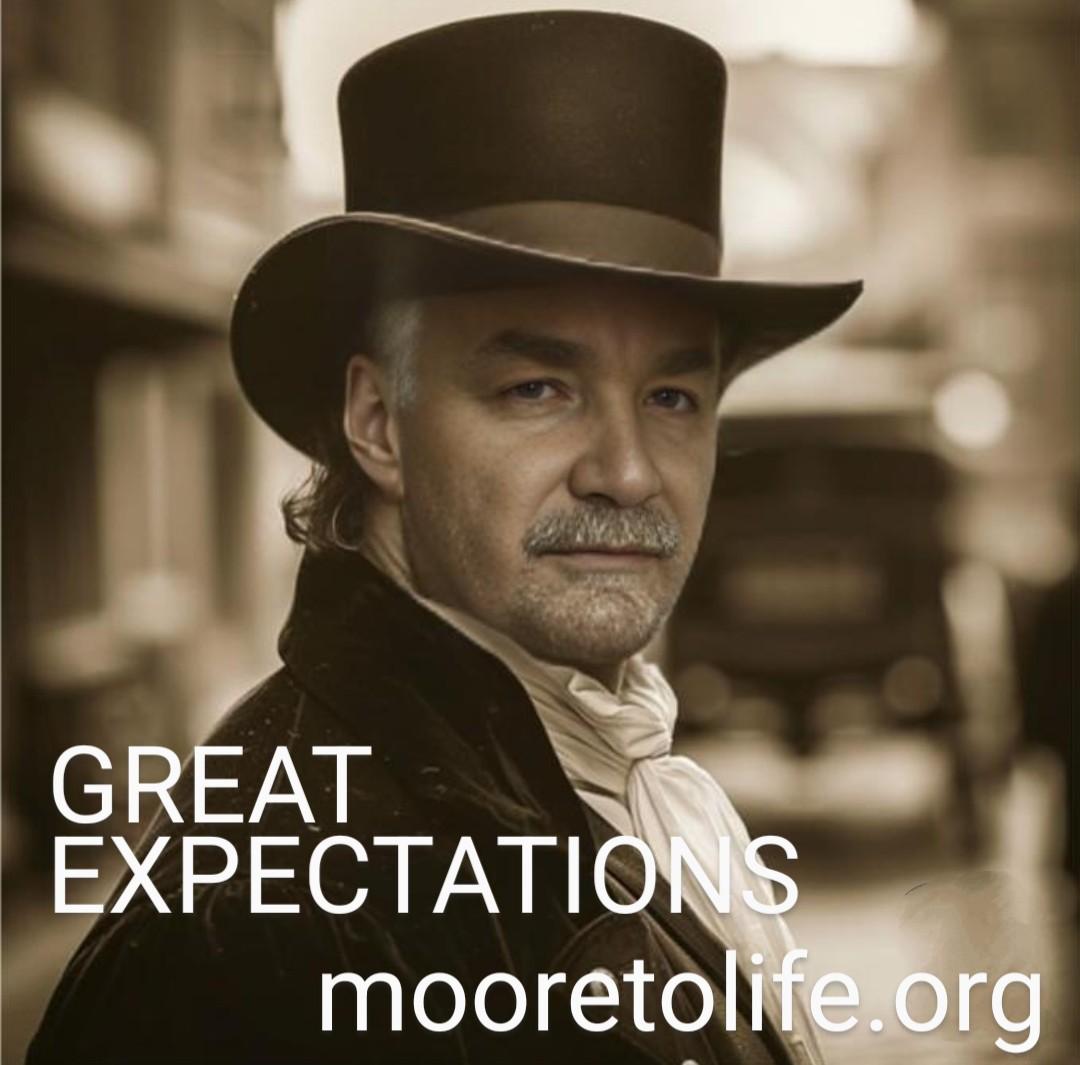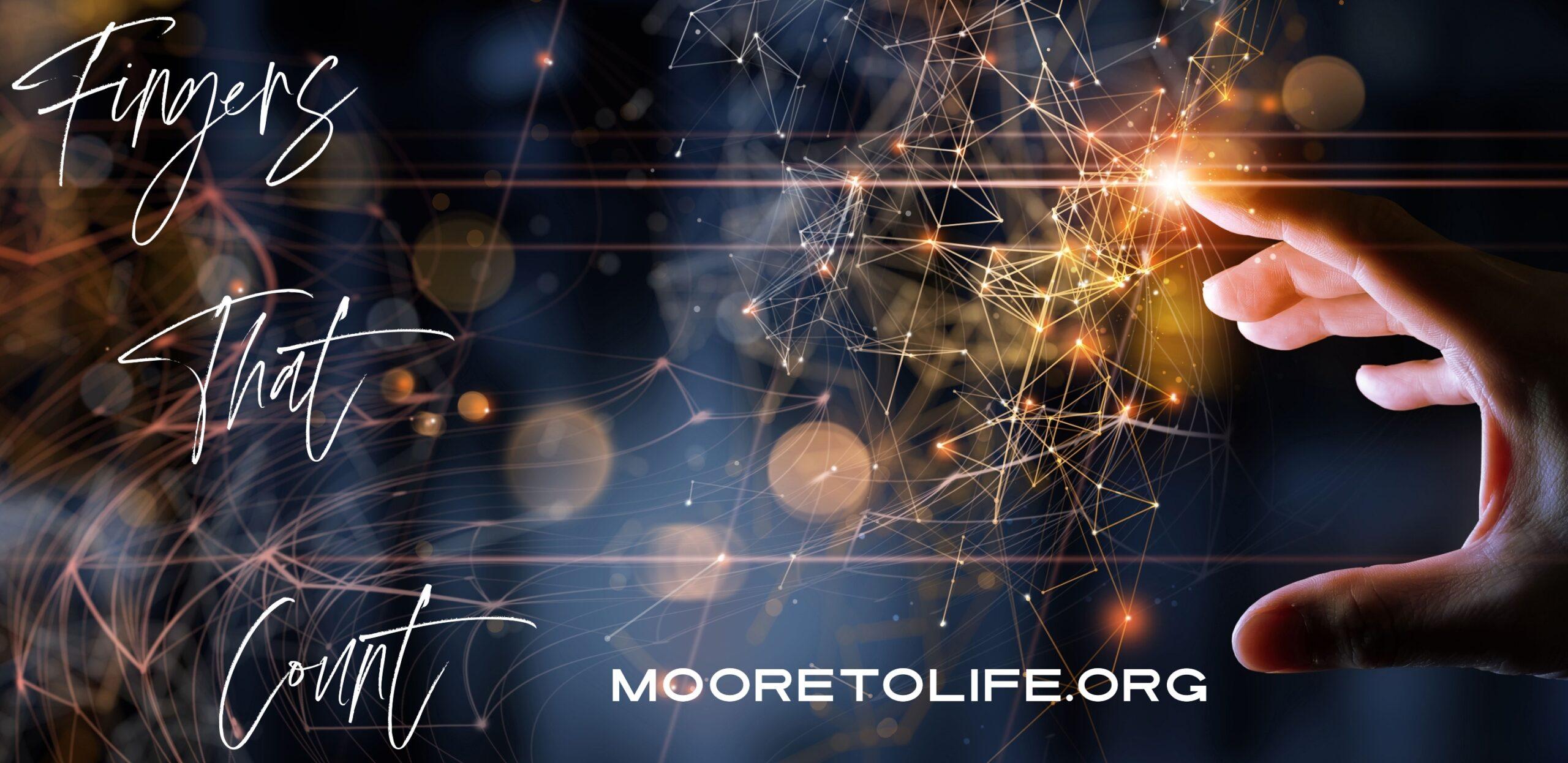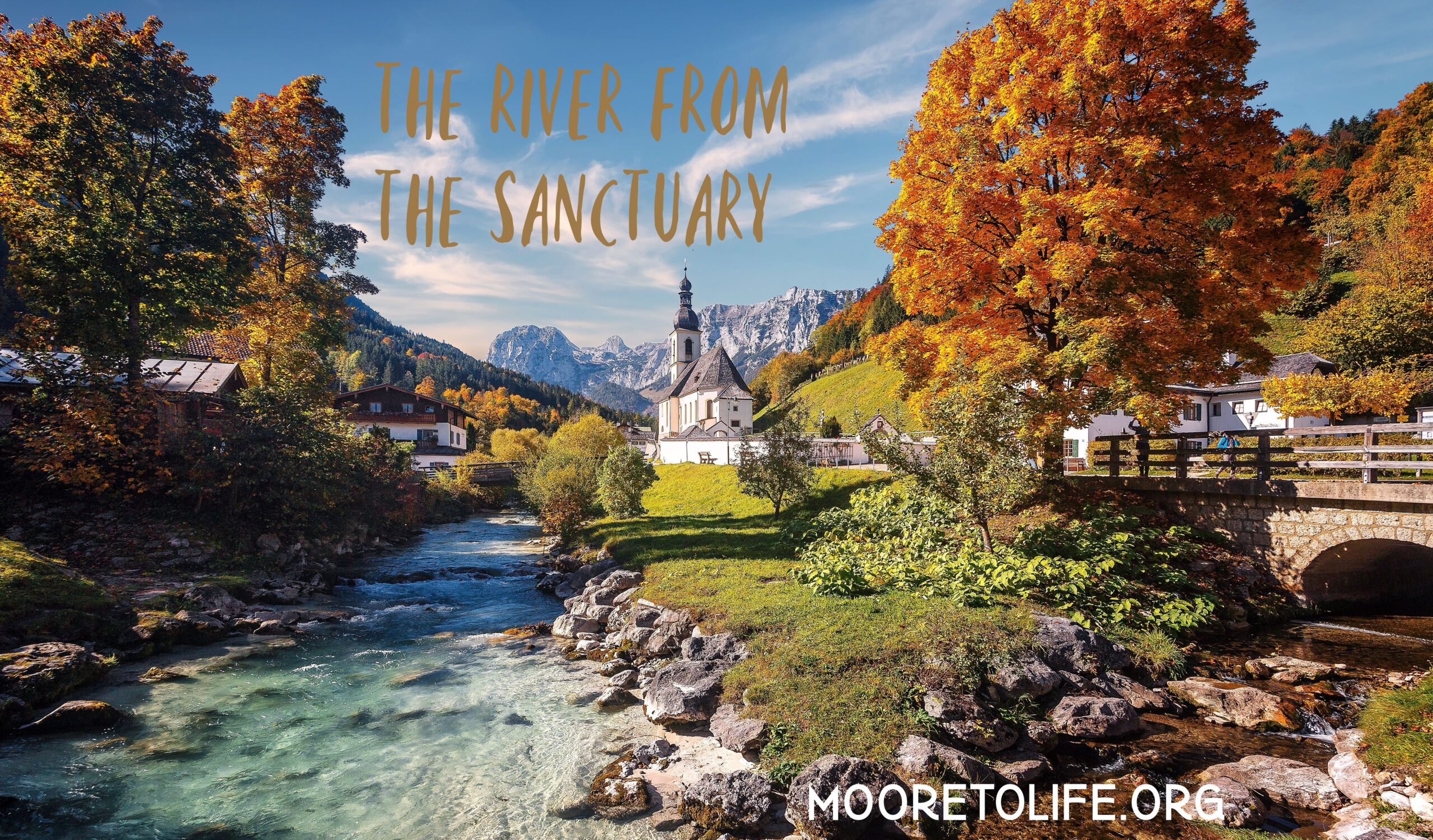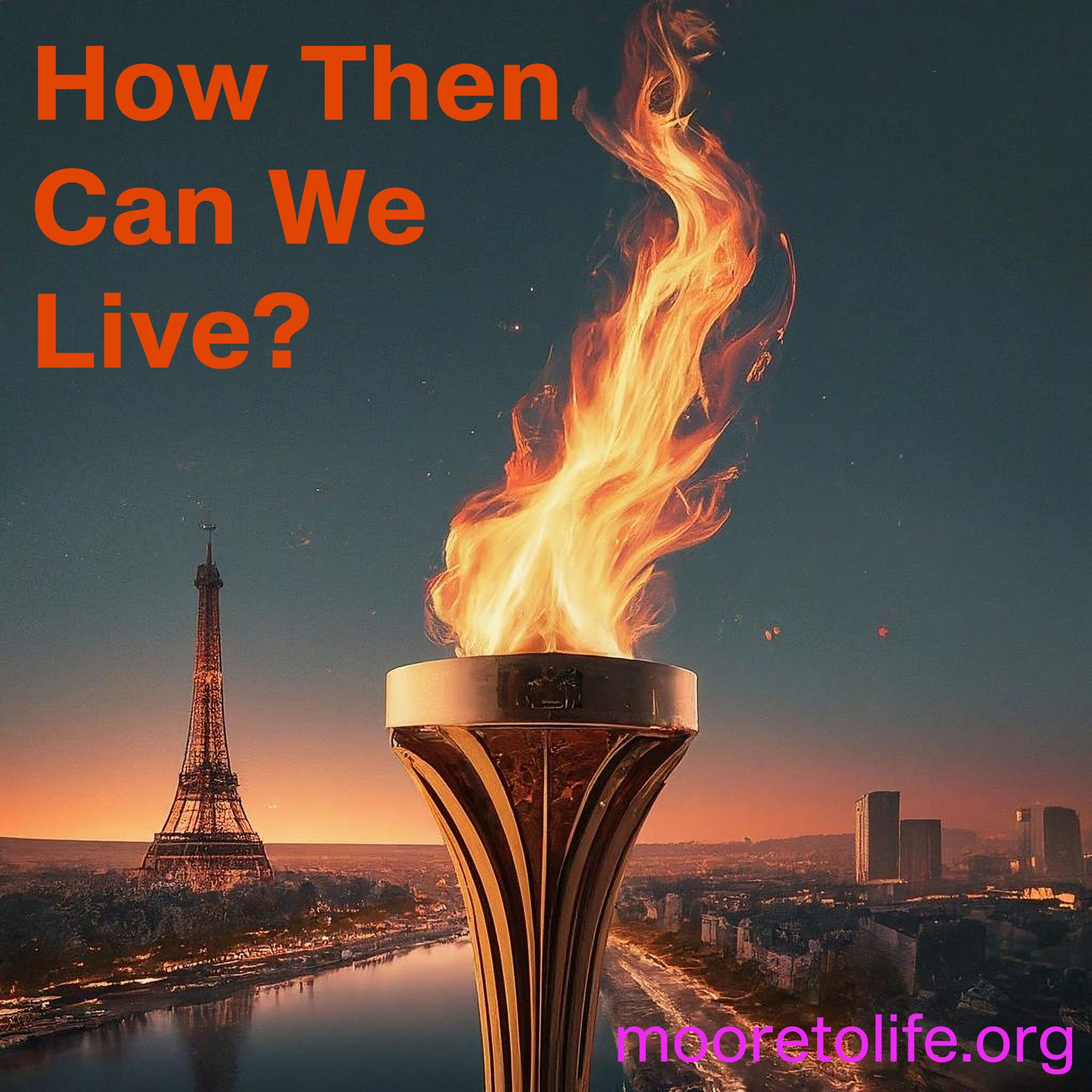
“To give you an understanding of the devastation we’re dealing with: Chimney Rock is gone.”
Those were the words of a local filmmaker. Chimney Rock is – was – a town with a population of 140 in scenic Rutherford County, North Carolina. In the path of the remnants of Hurricane Helene, Chimney Rock was inundated by the floodwaters of the Broad River.
Chimney Rock is no more.
And, when it comes to the widespread devastation caused by Helene, Chimney Rock is the tip of the iceberg. We’re just beginning to comprehend the extent of the damage, destruction, and loss of human life. And the bullseye of the storm seems to be one of the most gorgeous regions of the USA – in my humble opinion – the highlands along the Tennessee and North Carolina border.
Though we can get fixated on what’s happening just to our east, I think that it’s important for us to remember why “natural disasters” happen anywhere on Planet Earth. In the beginning, when our first parents rebelled against God, their rebellion plunged the entire human race into full-blown mutiny. With sin came death (Romans 5:12). But humankind did not face the entirety of sin’s fallout. Creation itself was stricken. God’s Word recounts our history, and we’re reminded that God – in His flawless holiness – cursed the entire created order (Genesis 3:17; Romans 8:20).
The Apostle Paul goes on to explain that “the whole creation has been groaning together in the pains of childbirth.” Describing our present fallen world, including the monstrous reach of Helene, he depicts a world that is longing to be “set free from its bondage to corruption” (Romans 8:21-22). This is what we’re observing, via jaw-dropping footage from the mountains and foothills of the American Southeast, even now.
We knew that the Big Bend of Florida was in trouble, but no one predicted this much loss this far inland. It wasn’t a likely scenario. But here we are. And nearby are our suffering neighbors. These kinds of disasters can happen anywhere, as you know. Fires ravage California. Typhoons pummel the Philippines. Earthquakes strike Haiti, Japan, Syria, and Turkey. There is no place on earth where sudden and widespread catastrophe is an impossibility.
Per the testimony of sacred Scripture, the groaning of the planet that we call home never stops. The groaning is continuous. The groaning is relentless. At times like this, the groaning is nothing short of heartbreaking.
Friends, sometimes it’s exceedingly difficult for us to face the God of the Bible for who He really is. We’d rather pretend that God has nothing to do with natural disasters, but what kind of powerless God would that be? It’s simply not true. The plain fact that God could prevent these disasters ought to give us pause, and persuade us to look upon Him with the reverence – the holy fear – that He deserves. We should recognize that these awe-inspiring events like Helene take place within God’s providence. Look no further than the plagues of Egypt or the storm that God “hurled” upon Jonah’s ship – rocking everyone on board to their core. There’s no question that God uses even tragic events for our good and for His glory.
And He uses them to get our undivided attention.
You and I mustn’t be afraid to bring God our biggest questions. A faith with big answers is a faith with big questions. God can handle our questions. The only dumb question is one we have but don’t ask.
And God is walking with us through this life, storms and all. Christ is “Immanuel” – “God with us” (Matthew 1:23). Not only is our Lord with us in the worst of storms, but – in and through those storms – He is accomplishing things too marvelous for us to imagine! Jonah’s unexpected storm was for the salvation of an entire unbelieving nation. “He alone is my rock and my salvation, my fortress; I shall not be greatly shaken” (Psalm 62:2).
Storms of incomprehensible proportions call each of us to reflection and repentance. How have I ignored the goodness and blessings of God? How have I, by unbelief and neglect, trampled upon God’s promises? How have I become spiritually careless, putting myself and others in harm’s way? How have I become so self-absorbed that I’ve failed to respond graciously to the suffering of others? How have I refused to worship Christ as Creator and Sovereign over all? And how have I failed “to do justice, and to love kindness, and to walk humbly with my God” (Micah 6:8)?
We would be wise to remember that natural disasters are, among many other things, a picture of the judgment and wrath of God that are coming upon the earth. Jesus predicted famines and earthquakes (Matthew 24:7), and He said of the eighteen who were crushed accidentally by the collapse of the Siloam tower, “Unless you repent, you will all likewise perish” (Luke 13:5). Storms are always a benevolent wake-up call from the Almighty.
Yes, grace will have the last word. Not only does God help us cope with calamity, but Christ has entered into our broken world to redeem all of human history – even the harshest and most perplexing chapters of our lives. One day, Chimney Rock will make sense. Until then, you and I are called to proclaim the immovable hope of the gospel. The reason we help others at times like this, serving as the hands and feet of Jesus, is the Incarnation itself: “The Word became flesh” (John 1:14). It’s our privilege to love our neighbors as we’ve been so freely loved.
Helene is one chapter, but not the last chapter – and certainly not the whole story. As the old preacher exclaimed, “It’s Friday, but Sunday’s comin’!” After the Cross, there’s an empty tomb! We can’t fathom how much work will be required just to get I-40 up and running again, but our God has promised to make all things new. “He will wipe away every tear from their eyes, and death shall be no more” (Revelation 21:3-5).
Perhaps the brave and spectacular rescue of helpless patients stranded on the roof of the hospital in Erwin, Tennessee, speaks volumes. “‘Twas grace that taught my heart to fear, and grace my fears relieved; how precious did that grace appear the hour I first believed!”
“I lift up my eyes to the hills. From where does my help come? My help comes from the Lord, who made heaven and earth” (Psalm 121:1-2).
To the hills, I lift up my eyes.
Pastor Charles










Recent Comments